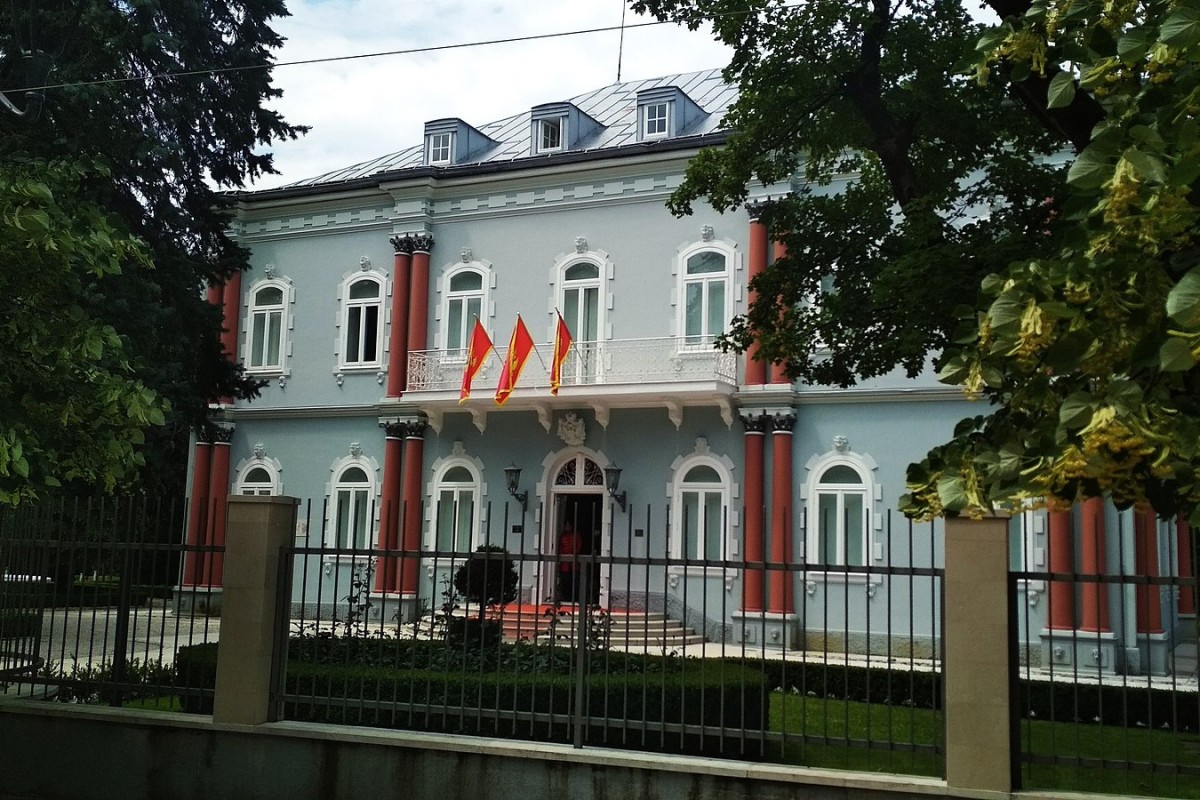Sponsored Content
Challenges of the OSCE in Montenegro's Presidential Election
The OSCE Office for Democratic Institutions and Human Rights (ODIHR) opened an election observation mission for the March 19 presidential elections in Montenegro. The OSCE mission taking place in the former Yugoslav republic of Montenegro faces a country that had problems with the legality of elections and the circumstances in which they are conducted, now in the shadow of the Ukraine war and after a turbulent past few months of political conflict between the ruling parties in the country.
 Cetinje's Blue Palace, the official seat of the Montenegrin President. / Picture: © Wikimedia Commons / AQVA121 / CC BY-SA 4.0 (https://creativecommons.org/licenses/by-sa/4.0)
Cetinje's Blue Palace, the official seat of the Montenegrin President. / Picture: © Wikimedia Commons / AQVA121 / CC BY-SA 4.0 (https://creativecommons.org/licenses/by-sa/4.0)
Montenegro will elect a new president on March 19. Long-term President Milo Djukanovic also wants to run again - the 61-year-old has held top political office for 32 years, he is controversial and increasingly unpopular. Djukanovic and his clan have built up a corrupt system in Montenegro; for example, he and his son were targeted by the public prosecutor's office in the Panama Papers…
or Log In
Fast News Search





